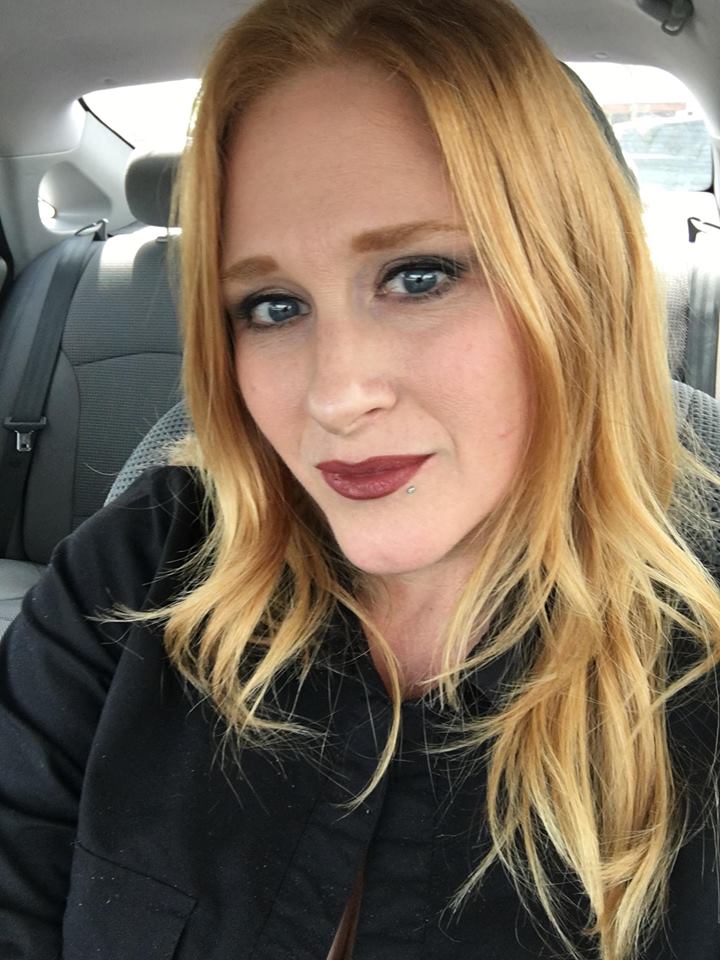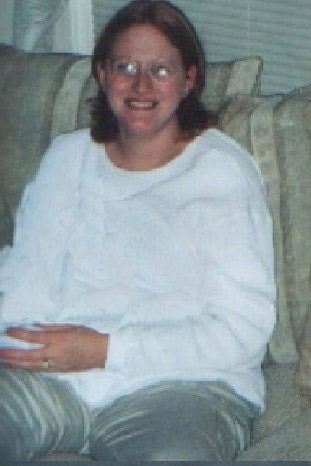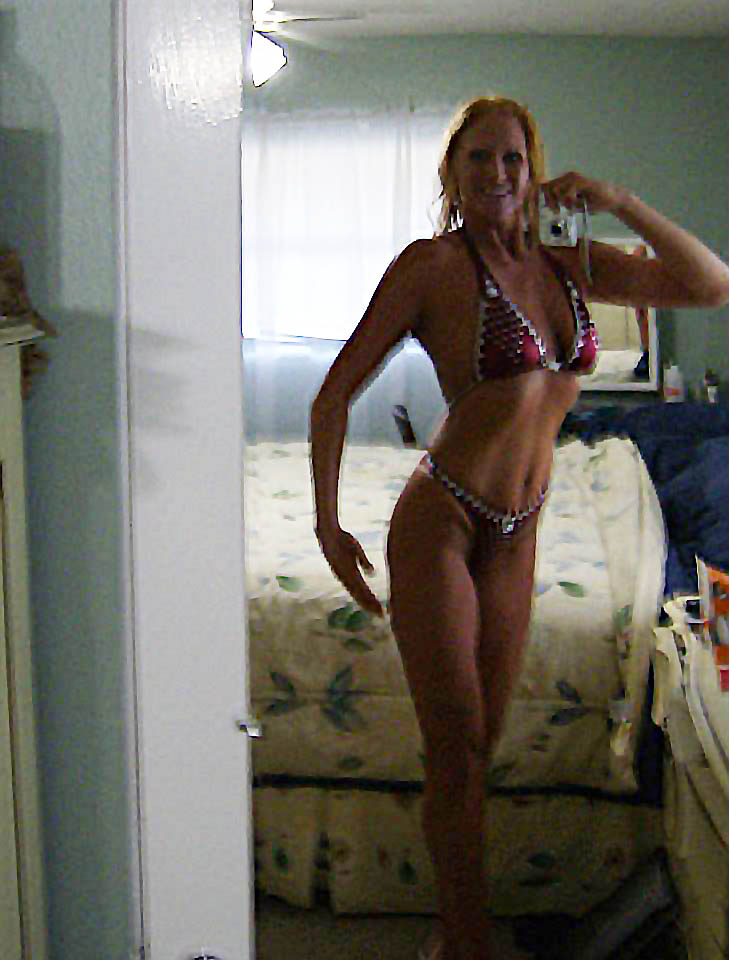Binge Eating Disorder: Hope’s Story of Recovery

Hope, Marketing, Palm Healthcare Company.
When we think of the word “self-harm,” most of us do not think about what we put into our bodies. However, eating choices play a significant role in self-love and self-care. What we choose to put into our bodies is often a direct reflection of how we feel inside. Eating disorders affect 20 million women in the United States. When most people think of eating disorders; they think of anorexia or bulimia, yet binge eating disorder is the most common eating disorder in the United States.
Recently, Hope opened up to us about her personal experience overcoming binge eating disorder. Since she can remember, Hope says she’s always had an unhealthy relationship with food. That unhealthy relationship only worsened as the hurdles of life began to take their toll. Through making the conscious decision to transform inside and out, Hope was able to shift her binge eating disorder to a passion for health and fitness. By sharing her story, we hope others can make the same decision to change. With any addiction, eating disorder or mental illness, the first step is admitting the problem and reaching out for support.
When did you first notice your relationship with food was unhealthy?
Let me back up a little bit. I know when it started, but I don’t think I had noticed it just yet. It started when I had gone to the pool with my brothers. I had come home, and just fell asleep in my swimsuit because I was a kid and I didn’t care.
The next morning, I woke up, and somebody had written fat on my stomach and I don’t know who did it. At the time, I thought it was maybe my brother’s friend that would hang over and spend the night, but that moment had a profound impact on me. I was a skinny little kid. I was skinny! I mean, beanpole was one of my nicknames, but something about that hit me, and I don’t think I was ever able to quite shake that.
Then, my mom, who struggled with her weight and had unhealthy eating patterns too; when I went and asked her about that, she didn’t even talk about the fact that somebody had come into my room, pulled back my covers and written on my stomach which was horribly invasive as a 12-year-old girl.
She’s like, “Well, ya know, it runs in our family to have that little pooch, and you’re just going to have it!” So that was the start of the process.
Hope, Before Weight Loss. (2000)
But when did I notice it got unhealthy? I don’t think I noticed it until after I had my second child because even though I did tons of dieting and I started gaining weight right around 16, it really wasn’t much looking back. So really, [while the unhealthy relationship with food] started earlier, I didn’t notice until after my second child. I had two back to back and got put on bed rest with my second one, so I didn’t have time to lose weight from the first one.
Then getting on bed rest, I ended up just getting huge. I ended up being about 70 pounds overweight. My husband at the time had gained right along with me. Our eating habits were very codependent. I started realizing I would start getting shakes if I didn’t have junk food when I wanted it, and it scared me to death so that was when I first noticed.
What do you think were the causes of your compulsive eating?
There was a lot. I was in a really unhealthy family dynamic. My parents tried their best, but some of the unhealthy things from their parents passed on to them and then passed on to me. My mom was overly critical, and because she was critical about her own body, she was critical about mine. I know she was doing it with the intention of saving me the heartache that she went through, but all it did was make me focus on my appearance. It made me feel like that was what mattered more than anything else, so that seeded the disorders.
Describe a typical day before you decided to shift your lifestyle?
When I was unhealthy, my whole world centered around food. It was either centered around eating it or not eating it. I was a very good cook, still am a very good cook, but it was one of those things where [food] was all-consuming to me. Even before I started learning how to eat healthy, when I was eating junk food, it was all-consuming, and then when I switched over and tried to eat healthy, my food got healthier, but my mind didn’t. It was still all-consuming. It was planning out all day long, “When can I have food? When can I not have food? What can I have it with? What can I not have it with?” That was a typical day.
What were some of the first steps you took to finally getting healthy?
The first time I started getting healthy and I could get help was when I realized I had some control over it; Not over the sickness as much as my choices. I realized one day when I was sitting on my bed and I was bawling because I was overweight, and I felt like my marriage was messing up, and my husband didn’t love me. I remember sitting there and feeling like I didn’t even want to go on…
All of a sudden it hit me: I blamed everybody. Then, I realized ya know what; no one puts the food to the mouth but me. No one is going to stop me if I get up and go to the gym. No one is going to change me. If I just make that decision of what I want to be and what I want to do, I can change this. That was the start. My understanding of it all has definitely grown and progressed, […] but that was the first step in realizing, “Hey, I don’t have to just lay down and let this thing be what it is.”
What advice would you give to others who are where you were now and feel out of control?
My answer now would be a lot different than my prior answer years ago. Now, I would say, any addiction, no matter what it is, is not healthy. To the extent that you are addicted to anything, to that extent you cannot be healthy. I would say find the root causes of the addiction. [Whether] you’re acting out with food or you’re acting out with something else, there are other things behind it and below it. There’s healing that needs to happen.
I didn’t truly start finding real freedom in food until I started getting those deep emotional hurts healed. So I would say don’t look at the food, don’t look at the addiction so much. First, look at what is it inside of you that is taking you in that direction, and start working on that. Get some counseling, or whatever things you need to start healing that. Then, you can look objectively at what you have trained yourself to do, and how you can fix that.
We know you got into competitive body building. Tell us about that experience. What made you decide to get into that?
Hope, Competitive Body Building. (2009)
I decided that the day I was sitting on my bed and had that breakdown. I decided I wasn’t going to stop exercising or eating healthy until I reached that [goal]. Some of that mind frame was an unhealthy mind frame, but it was a goal that I determined to do. I learned a lot in the process that later on was very helpful for maintaining a healthy relationship with food. That’s how I got into that. It was a challenge.
How did the experience of competitive bodybuilding change you?
The good thing about it was that I realized there’s unhealthy on both sides. There’s unhealthy overeating, and there’s unhealthy undereating. I realized the problem has less to do with what you’re eating and more to do with why you’re eating it. I saw so many people around me that looked like the picture of health. I became what looked like the picture of health.
But I noticed some people around me that were killing themselves to get there. They were backstage almost passing out because of dehydration and hunger and everything else so it was eye-opening for me to realize that health has very little to do with how you look.
There are images surrounding us constantly of ultra-thin or ultra-fit men and women. This makes some people susceptible to negative self-comparisons. How do you overcome this? What advice do you give to others?
I see a lot of the body shaming stuff. I feel like there’s shame that goes around on both sides. I feel like if you struggle with your weight and you’re on the heavier side, then you’re gonna look at pictures of people who are thin, and people who do great things and say, “How dare you get there? How dare you tell me that I have to do that too?” […] Then, I see on the other side. I see people who are slender and have not struggled with their weight look at somebody overweight and say, “How can you do that to yourself? How can you let yourself go?”
I think on both sides; they are wrong! I think when it comes down to it, we are the harshest as women judging ourselves. We judge ourselves; we judge others. We try to see where we rank and we’ve got it all messed up in thinking that our value has anything to do with what we look like. My answer to to that is I don’t think you combat body shaming by shaming the opposite of what you are.
What is your relationship with food now?
My relationship with food is not to be extreme. That is where I am at this current stage in my healing. I won’t say I am 100 percent healed, but I’ll say that I’m definitely at the point where if I notice myself getting too obsessed with controlling food, I’ve got a problem. If I notice myself getting too lax about what I eat, I’ve got a problem. What I try to do is maintain a healthy place where I eat what’s right because I am going to be turning 40 soon so I need to eat what’s right to keep myself healthy for the rest of my life. However, I also don’t want to get to the extreme. When I start comparing myself to others, or when I start comparing myself to an old me, or when my values are in any way tied to what I’m eating, that is when I tell myself, “Hope, back up, and start thinking about this. Where are you, and why are you doing this?”
Let’s talk about family. I know you have four children. How do you approach teaching a healthy lifestyle to your family and making sure the same mistakes aren’t being made?
Number one: I never talk to them about their bodies at all, except for positive things.
As my daughters have gotten older, I encourage them on their femininity. If they come and say, “Oh Mom, I am getting fat because I blah,” I say, “Hey, ya know what, we’re supposed to be a little softer. There’s nothing wrong with that. Just be who you are.” Then, I start talking about other things. It’s not that I avoid it at all, but I want to help them not focus on just the physical. There’s been times when one or two of them may have had too much junk food and they’ve put on a little extra, but I don’t go around and say “That lower body pooch! That’s what we get in our family!”
They are things that matter a lot more than how we look, and I don’t want them to feel like they have to be focused on them. I have encouraged them to be healthy. Some of them are into sports, and some of them are not into sports. The ones that are, I support that. The ones that aren’t, I support the things they are into. I really don’t raise my children with an emphasis on their appearance at all.
How do you maintain staying healthy and having a balanced lifestyle with the occasional treat here and there?
For me, it comes back to checking my motives. If there is junk food in the house, I check my motives on it. If there is cake in the house and I absolutely have to have that cake, I don’t have it. I check my motives on it. Why am I feeling that way? What’s triggering this? At the same time, if I decide I want to have a piece of cake because it sounds good, then I go ahead and have a piece, so it goes back to motives.
What are your goals for the future? Any final thoughts?
Right now, my goals are I would like to look like I did when I was competing, but I want to get there healthy. I don’t want to get there starving myself. I don’t want to compete again because I don’t want to do some of the unhealthy things to get on the stage, but I would like to get to a healthy physique in a healthy way. That is my goal right now. It’s a careful balance to ride, but that’s my next stage in this journey.
Binge Eating Disorder was formally recognized as an eating disorder diagnosis in 2013. If you are struggling with compulsive overeating, it does not mean you lack in self-control. You have a mental illness that requires specialized care. There is no shame in having an eating disorder and there is no shame in seeking professional help. You should not have to fight this on your own. If you or someone you love is struggling with substance abuse, addiction or compulsive behavioral disorders, please call toll-free 1-800-777-9588.
Author: Shernide Delva


